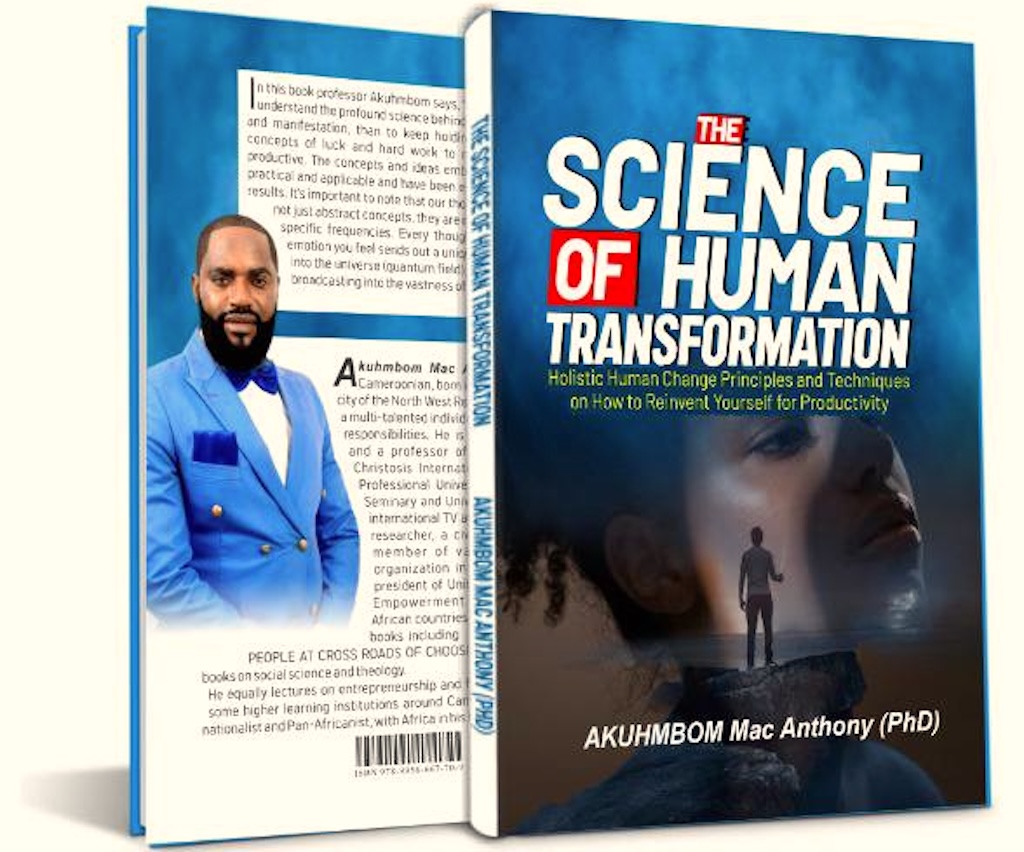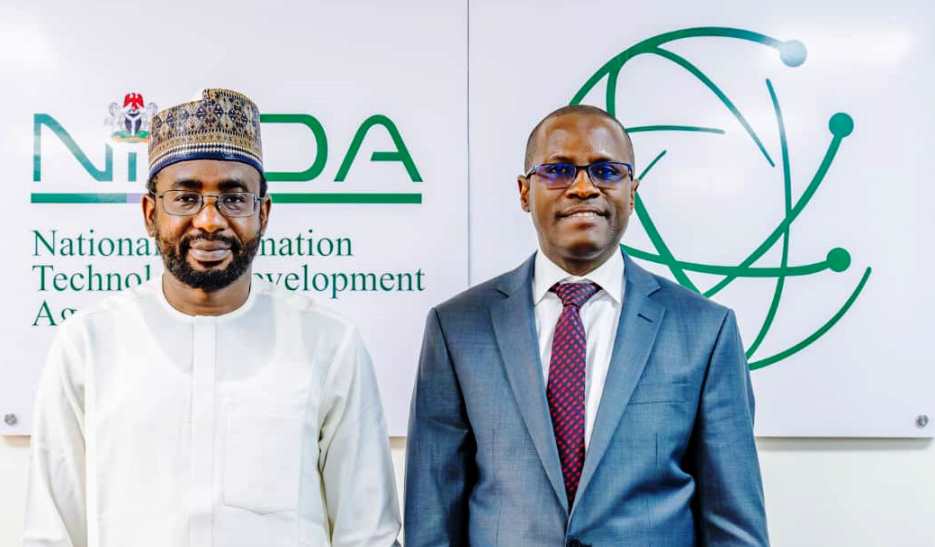Across Africa and many parts of the world, societies today are grappling with interwoven crises: unemployment, poverty, hunger, homelessness, disease, crime, violence, and even terrorism. These issues have particularly intensified in African contexts, where a mix of internal and external pressures makes effective solutions difficult. Many observers argue that persistent self-interest and greed among political elites have fueled these struggles, while the powerful influence of institutions like the International Monetary Fund (IMF), World Bank, and the war-related economies of Western countries have, over time, exacerbated and globalised these problems.
In Nigeria and across West Africa, the effects are deeply felt. Many citizens find the state slow or indifferent to meeting basic needs—healthcare, education, social safety nets—while only a few countries worldwide, such as China, Japan, South Korea, Russia, and those in the Nordic region, are cited as examples where governments more consistently invest in citizens’ welfare. The result in many African nations, say regional analysts, is that individuals are often left to fend for themselves, relying on personal resilience and ingenuity to overcome obstacles.
In response to these ongoing challenges, Professor Akuhmbom MacAnthony, a Cameroonian academic, has written a thought-provoking book titled The Science of Human Transformation: Holistic Human Change Principles and Techniques of How to Reinvent Yourself for Productivity. This work has gained attention for its practical, human-centered framework, which aims to equip individuals with the insights and tools needed to navigate and overcome everyday adversities.
The 178-page volume breaks new ground by showing how anyone can take ownership of their transformation—focusing on personal integration of body, mind, and spirit. Instead of relying only on external solutions, MacAnthony argues for a holistic, scientific approach to self-improvement, drawing on insights from psychology, neuroscience, and behavioral sciences. His philosophy aligns with a growing interest in Africa in actionable self-development, especially as more young Nigerians and Ghanaians seek practical ways to adapt to an uncertain job market and shifting social expectations.
Beyond theory, the book is designed to inspire readers with hands-on techniques for self-discovery, personal growth, and the cultivation of a deep sense of purpose. Whether aiming to flourish in a chosen career, foster healthier relationships, or pursue spiritual fulfillment, MacAnthony’s work encourages readers to actively steer their own journeys.
He also highlights the importance of physical activity, creative expression through dance, yoga, therapy, and spiritual practices as vital ingredients in the process of becoming whole and resilient. “Transforming the self is not just about thinking differently,” notes Dr. Okechukwu, a Lagos-based psychologist familiar with MacAnthony’s work. “It requires tuning into your body, nurturing your mind, and finding meaning that goes beyond material achievement.”
According to MacAnthony, understanding the complexity of the human body is foundational to real change. He describes the body not merely as a collection of tissues and organs, but as a living vessel—continuously adapting, healing, and transcending. Researchers say this aligns with current scientific consensus, highlighting the brain’s neuroplasticity—the remarkable ability to rewire itself in response to new experiences, learning, and even trauma.
MacAnthony’s 2025 book, published in Cameroon, goes a step further by positioning the human body as a spiritual entity. He writes that it serves as a bridge between our physical experience and higher consciousness—what some traditions refer to as a “temple for the soul.” This perspective is gaining traction locally, as many West Africans increasingly blend spiritual understanding with everyday wellness practices.
He also explores how our bodies possess “secret codes”—hidden capacities for renewal, healing, and transformation. Scientific evidence increasingly supports the idea that lifestyle choices, mindset shifts, and supportive environments can profoundly influence outcomes, from immunity to mental health.
On the mental side, MacAnthony delves into the complexity of the human mind. He describes it as a landscape shaped by conscious and subconscious processes. The conscious mind, he writes, is where attention, logic, and decision-making happen; it’s here that intentional choices are made. “Building self-awareness is critical for sustainable growth,” he notes—a viewpoint supported by mental health professionals across West Africa.
Conversely, the subconscious mind remains mostly hidden, yet profoundly influences behavior. According to MacAnthony, it stores learned patterns, hidden potentials, and deep-seated emotions. Unlocking and reprogramming the subconscious through techniques like visualization, affirmations, and sustained practice can, he argues, lead to genuine and lasting transformation—a perspective echoed by local therapists and youth coaches who emphasize the power of positive self-talk and goal-oriented routines.
Growth, then, is seen as the result of a “dance” between conscious intention and subconscious influence. To truly transform, MacAnthony encourages readers to cultivate ongoing self-awareness, harness willpower, and integrate new habits consistently. By aligning thoughts, emotions, and spiritual goals, he claims, individuals can create more harmonious and fulfilling lives—a view mirrored by community advocates who urge West Africans not to lose hope despite mounting challenges.
The book also unpacks the importance of the human spirit. For MacAnthony, the spirit is the wellspring of meaning and connection, the part of us that hungers for greater purpose and strives to navigate the uncertainties of modern life. In West African societies, where community ties and cultural traditions remain strong, these ideas resonate deeply.
He distinguishes spirituality from organized religion, asserting that it is a personal, inclusive quest for inner peace and authenticity. “Spirituality can be expressed in countless ways—prayer, meditation, charity, connecting with nature, or living out the golden rule,” writes MacAnthony. This broad definition appeals to Nigerians and Ghanaians of all backgrounds, whether religious or secular, and reflects the region’s diverse approach to faith and personal growth.
He contends that spirit and spirituality relate to one another organically, like the roots and trunk of a tree. The spirit grounds and gives rise to individual spiritual practices, which in turn nourish personal identity and community life. This duality, MacAnthony suggests, makes holistic transformation possible across different cultural and religious landscapes.
For those looking for structured ways to put these principles into practice, the book offers several theoretical models:
- Systems Theory: Seeing holistic change as the interdependence of emotional, physical, mental, and spiritual well-being. Improvements in one area spark positive shifts in others.
- Transactional Model of Stress and Coping: Reframing personal crises as challenges to respond to rather than obstacles to fear. Building resilience is key to adaptation and growth.
- Constructivist Learning Theory: Promoting hands-on, collaborative, and experiential learning—be it in classrooms, workplaces, or community centers.
- Transpersonal Psychology: Integrating spirituality and psychology to unlock deeper purpose and fulfillment.
Experts in the region underscore that these models dovetail with Africa’s historical traditions of communal support and learning by doing. According to Dr. Nana Akosua, a Ghanaian educationist, “We’ve always believed in growth through community, story-sharing, and practical wisdom, which MacAnthony’s principles echo.”
While not overtly political, MacAnthony’s work is relevant to students, educators, health workers, social activists, and democracy advocates—groups at the forefront of seeking change in Nigerian and African society. By encouraging self-reliance and holistic growth, the book offers valuable guidance for those striving to lead healthier, more purposeful lives amid uncertainty.
Ahmed Aminu-Ramatu Yusuf worked as deputy director, Cabinet Affairs Office, The Presidency, and retired as General Manager (Administration), Nigerian Meteorological Agency, (NiMet). Email: aaramatuyusuf@yahoo.com
What do you think about MacAnthony’s approach to self-transformation and holistic change in the African context? Do you believe individual action or systemic reforms will have a bigger impact on our societies going forward?
Share your thoughts below! Want your voice heard or have a powerful story to sell? Reach out to us at story@nowahalazone.com to get featured or discuss story sales.
For general support, connect at support@nowahalazone.com. Don’t miss updates and join the conversation—follow us on Facebook, X (Twitter), and Instagram!










